Description
Breast Oncology
Breast oncology focuses on diagnosing and treating cancers of the breast. Here’s a breakdown of key aspects:
Treatment:
Treatment plans for breast cancer are highly individualized, often combining various approaches:
- Surgery: The mainstay for most breast cancers, with options ranging from breast-conserving surgery (lumpectomy) to mastectomy (removal of the entire breast).
- Radiation therapy: Uses high-energy X-rays to target and destroy cancer cells. Can be delivered after surgery to reduce the risk of recurrence or as the primary treatment for certain situations.
- Chemotherapy: Employs powerful drugs to kill cancer cells throughout the body, often used before or after surgery depending on the cancer stage and characteristics.
- Hormonal therapy: Manipulates hormone levels to inhibit cancer growth in hormone receptor-positive breast cancers.
- Targeted therapy: Newer medications that target specific mutations or pathways driving the cancer’s growth.
Procedures:
Specific procedures depend on the type, stage, and other factors of the breast cancer. Here are some examples:
- Lumpectomy: Removal of the tumor and a margin of healthy tissue.
- Mastectomy: Removal of the entire breast, with variations like skin-sparing mastectomy (preserving the overlying skin) or nipple-sparing mastectomy (preserving the nipple and areola).
- Sentinel lymph node biopsy: Removal and examination of the first lymph nodes to which cancer is likely to spread.
- Axillary lymph node dissection: Removal of multiple lymph nodes in the armpit to check for cancer spread.
- Breast reconstruction: Surgical procedures to rebuild the breast after mastectomy, which can be performed at the time of mastectomy or later.
Who is Suitable?
The suitability for a specific treatment depends on several factors:
- Type and stage of cancer: Early-stage cancers might be treated with surgery alone or surgery with radiation, while advanced stages might involve combinations of surgery, radiation, chemotherapy, and/or hormonal therapy.
- Age and overall health: Treatment needs to be tailored to a patient’s overall health and ability to tolerate procedures.
- Hormone receptor status: The presence of hormone receptors (estrogen and progesterone) on cancer cells influences the use of hormonal therapy.
- HER2 status: HER2 is a protein that can fuel cancer growth. Targeted therapies are effective for HER2-positive breast cancers.
- Individual preferences: Discussions about potential side effects, cosmetic outcomes, and quality of life are crucial in tailoring treatment.
Who is Not Suitable?
Certain treatments might not be suitable in situations where:
- The patient has severe underlying health conditions that pose a significant risk for surgery or other aggressive treatments.
- The cancer is very advanced, and curative options are limited.
- The potential side effects of treatment outweigh the potential benefits based on the patient’s preferences and overall health.
Advantages:
- Potential for cure: Early-stage breast cancers often have high cure rates with surgery or a combination of treatments.
- Improved quality of life: Treatment aims to alleviate symptoms like lumps, pain, or discharge and allows for a return to normal activities.
- Advancements in technology: Minimally invasive surgeries, targeted therapies, and improved breast reconstruction techniques offer better outcomes and more options for patients.
- Preserving breast tissue: Whenever possible, breast-conserving surgery aims to remove the tumor while preserving the majority of the breast.
Complications:
Treatment complications depend on the specific treatments used and the patient’s health. Here are some general possibilities:
- Surgery: Infection, bleeding, pain, lymphedema (fluid buildup in the arm), nerve damage (depending on the type of surgery).
- Radiation therapy: Fatigue, skin irritation, increased risk of infection, potential for long-term effects like heart problems or lung damage (depending on the radiation field).
- Chemotherapy: Fatigue, nausea, vomiting, hair loss, increased risk of infection.
- Hormonal therapy: Hot flashes, vaginal dryness, mood swings (depending on the type of hormonal therapy).
Preoperative Care:
- Comprehensive medical evaluation to assess overall health and suitability for treatment.
- Imaging tests like mammogram, ultrasound, and MRI to diagnose and stage the cancer.
- Biopsy to confirm cancer diagnosis and obtain information about hormone receptor status and HER2 status.
- Education and discussion about treatment options, potential side effects, and recovery process.
- Planning for breast reconstruction if desired.
Postoperative Care:
- Pain management with medication.
- Physical therapy to regain strength and mobility in the arm or chest area (depending on surgery).
- Monitoring for signs of infection.
- Management of potential side effects from treatment.
- Follow-up appointments to monitor recovery and check for recurrence.
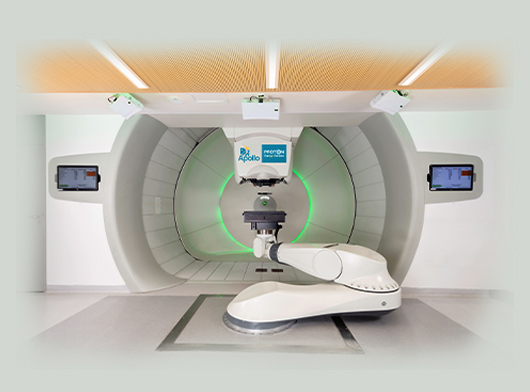


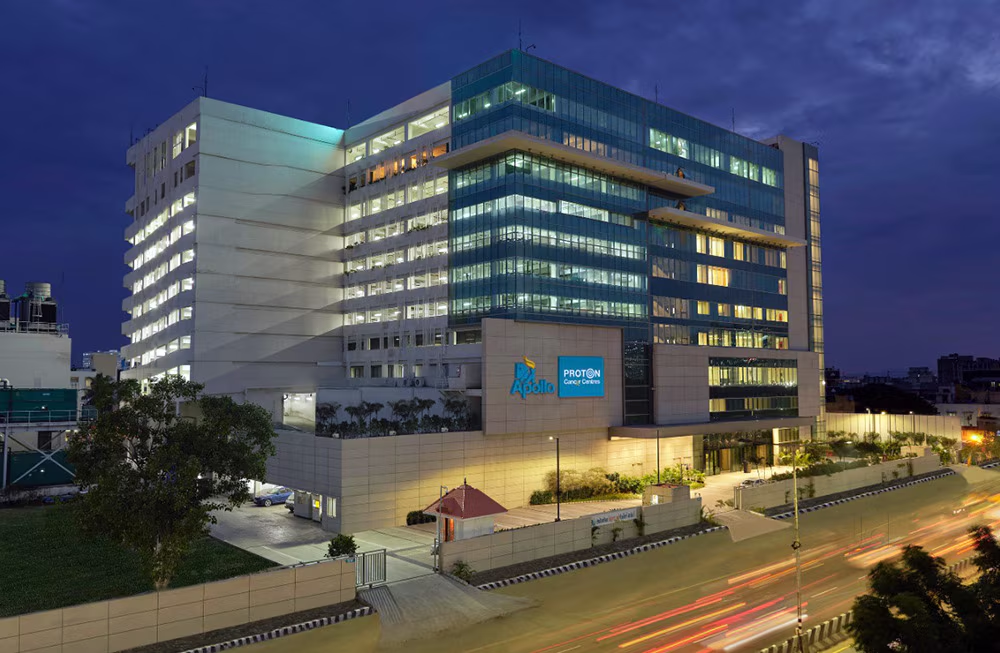
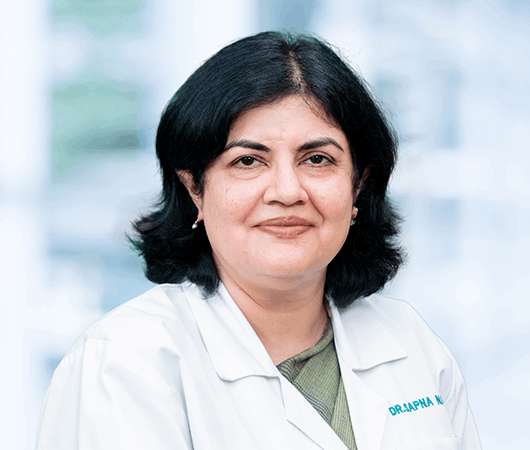

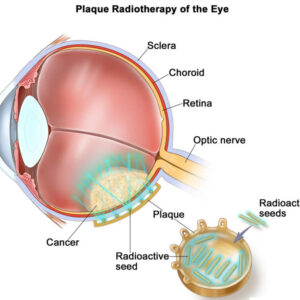
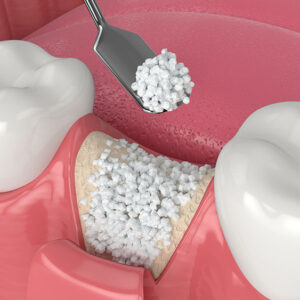


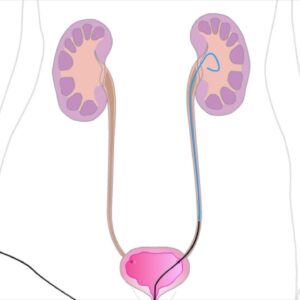
Reviews
There are no reviews yet.